Why do ChatGPT conversations appear on Google and other Internet search engines?
As Dan Tri reported, a series of conversations between users and ChatGPT suddenly appeared publicly on Google search results and other Internet search engines.
This is because ChatGPT has a little-known feature that allows users to create a link to share the content of their conversation on ChatGPT with another person or share this content on social networks.
Users can press the “Share” button on ChatGPT to share the conversation content (Screenshot).
People who are shared with just need to click on this link to be able to see the entire conversation between the user and ChatGPT to better understand ChatGPT's capabilities, as well as know how ChatGPT responds to a certain problem.
However, when you click this share button, Google will also index the website link containing the chat content on ChatGPT. This means that the chat content will be public and searchable on Google.
In fact, many people just want to share the content of their conversations and ChatGPT with some acquaintances or share it on social networks for some purpose, but almost have no intention of making the content of the conversation public on Google and online search engines.
OpenAI is working with Google and other online search engines to de-index thousands of conversations between users and ChatGPT on the internet.
If you have never created a link to share your chat content with ChatGPT, then don't worry about this.
Is it a concern if the content of my ChatGPT conversations is made public on the Internet?
Fortunately, ChatGPT does not tag specific users in the chat, meaning that if the chat content is leaked, outsiders will not be able to know who is having this conversation with ChatGPT.
However, if users share private and personal information such as full name, home address, email, work details or even personal identification number, bank account... then this information can be completely taken over by bad guys.
The risks of making ChatGPT conversations public
- Personal information leakage: Many users openly share their personal and private information with ChatGPT, without knowing that this information can be leaked, leading to the risk of information being stolen and exploited by bad guys.
- Reputation damage: Personal and private information, associated with the content of the conversation with ChatGPT, can affect an individual's reputation if the conversation contains private, sensitive content.
- Leaking professional and work data: If ChatGPT is used to consult on work, projects or planned campaigns and the conversation is leaked, the company's secrets will be affected.
Never share personal, private, and important information in chats with ChatGPT (Illustration: Getty).
Notes to use ChatGPT more safely
From this incident, one issue that needs to be concerned is to use ChatGPT in particular and AI tools in general safely. Experts have given some advice to do this:
- Do not share sensitive, private information in any conversation with any AI tool, not just ChatGPT.
- Do not press the button to share the conversation content with ChatGPT, unless absolutely necessary. If you want to share, please check the conversation content carefully to make sure there is no personal, private information contained in it.
- When you want to share the content of a conversation, you should only take a screenshot, instead of creating a link to directly access that conversation. When taking a screenshot, remember to cover the content and private information in the conversation.
Always be cautious when using AI chatbot tools (Illustration: Pinterest).
The incident with ChatGPT is considered a warning to the user community, not to trust AI tools too much to share all private and personal information. Even as we increasingly utilize AI tools for work, study or research, we should always be cautious and vigilant with these tools.
Source: https://dantri.com.vn/cong-nghe/noi-dung-tro-chuyen-voi-chatgpt-bi-cong-khai-tren-mang-co-dang-lo-ngai-20250804164714417.htm



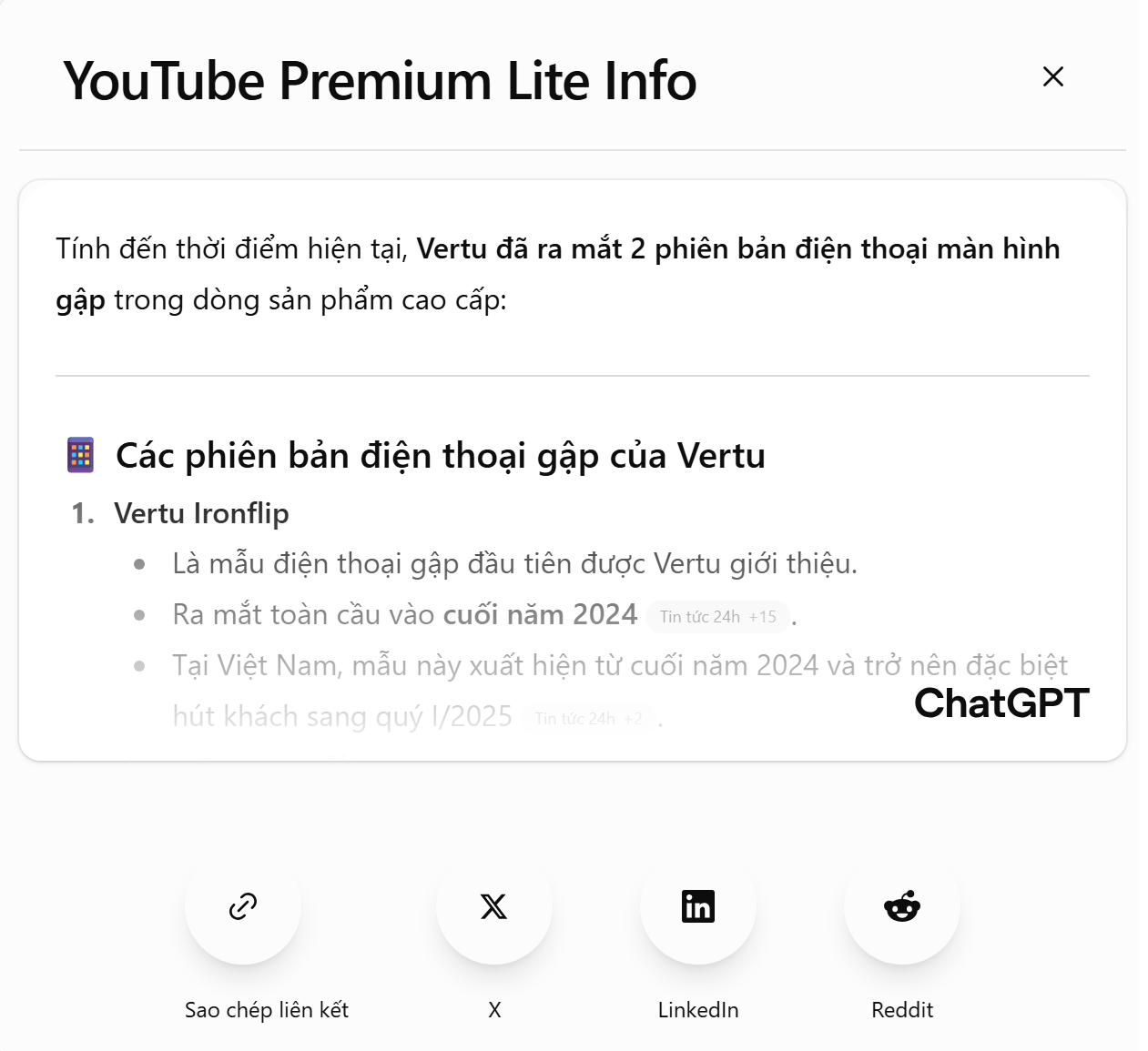
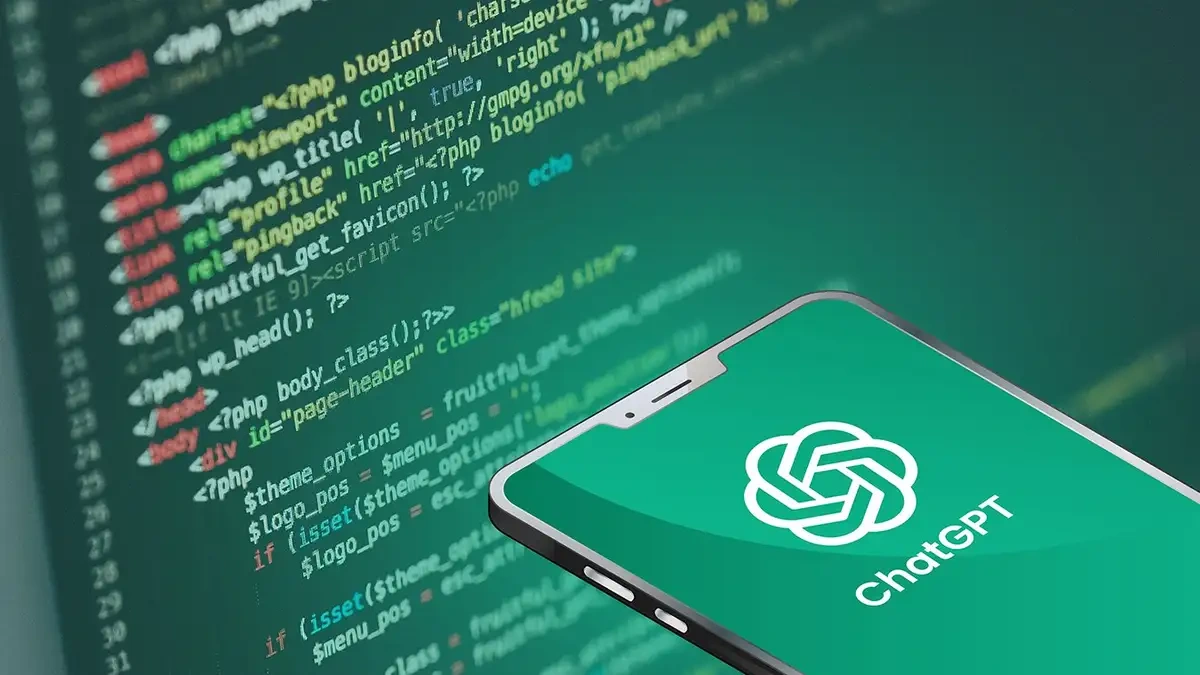
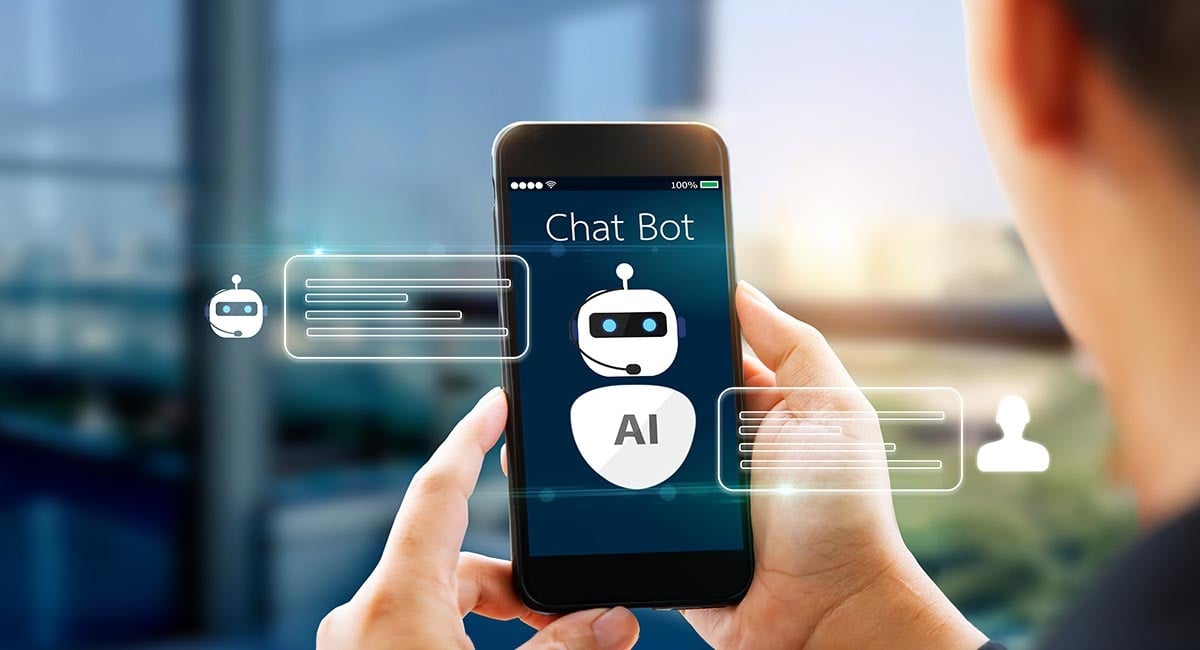














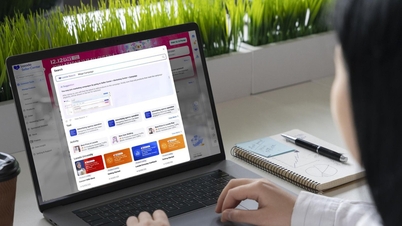








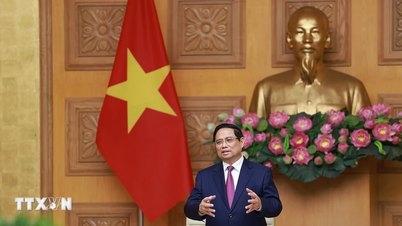







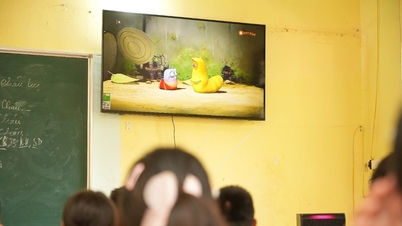







![[Video] Hue Monuments reopen to welcome visitors](https://vphoto.vietnam.vn/thumb/402x226/vietnam/resource/IMAGE/2025/11/05/1762301089171_dung01-05-43-09still013-jpg.webp)


































































Comment (0)